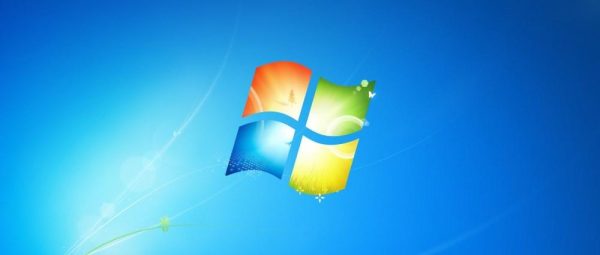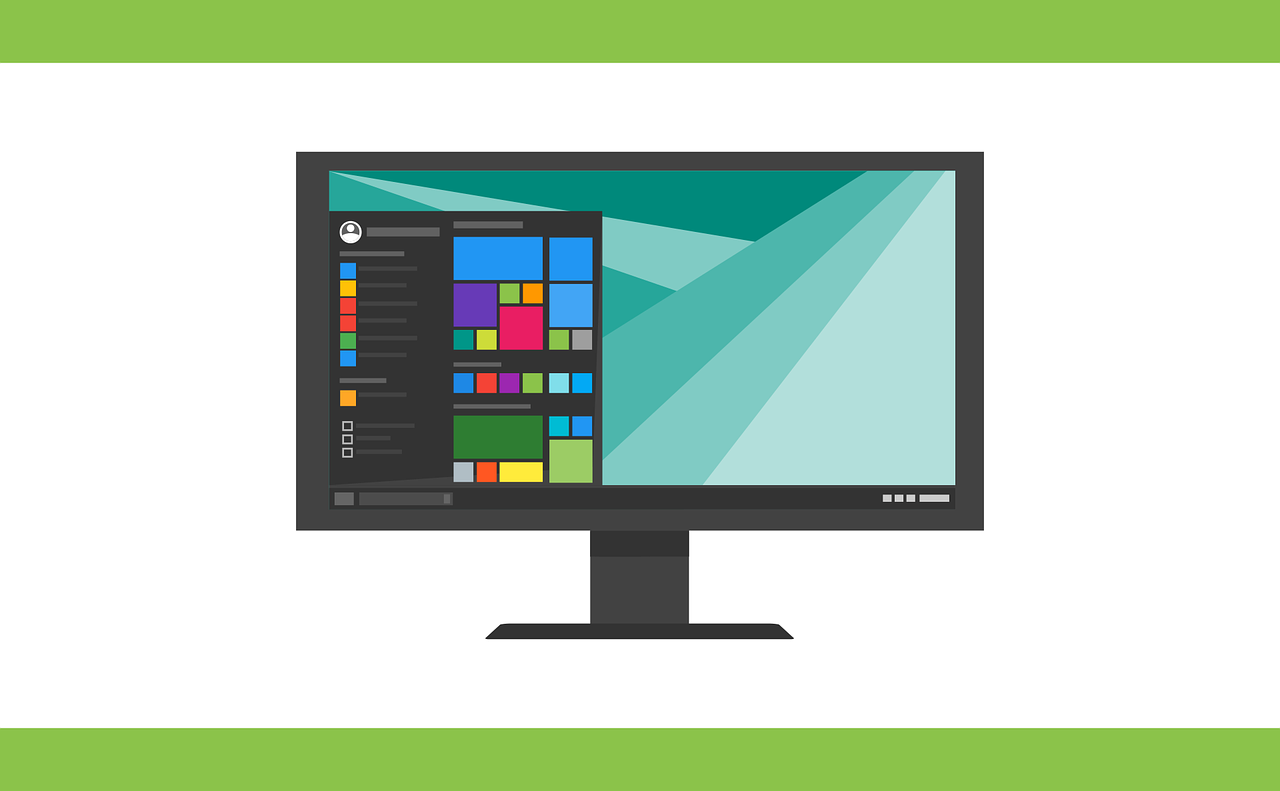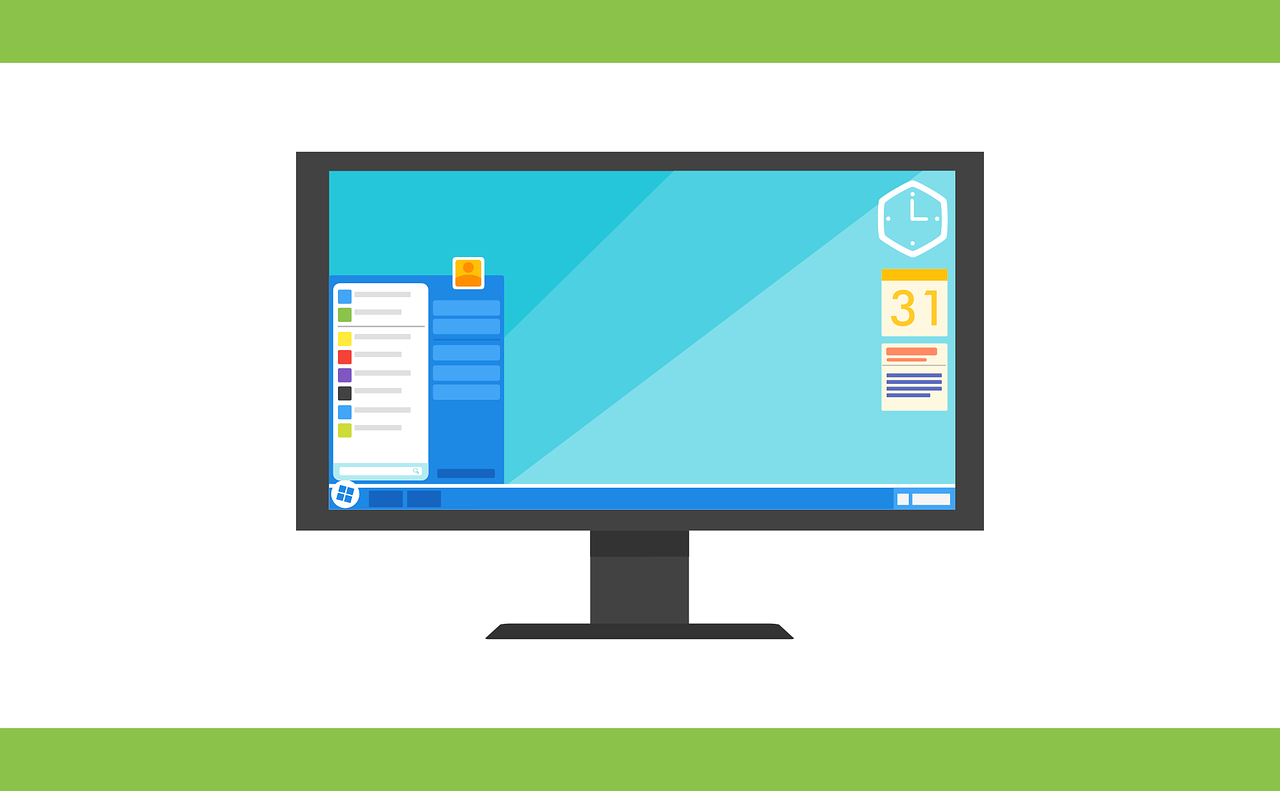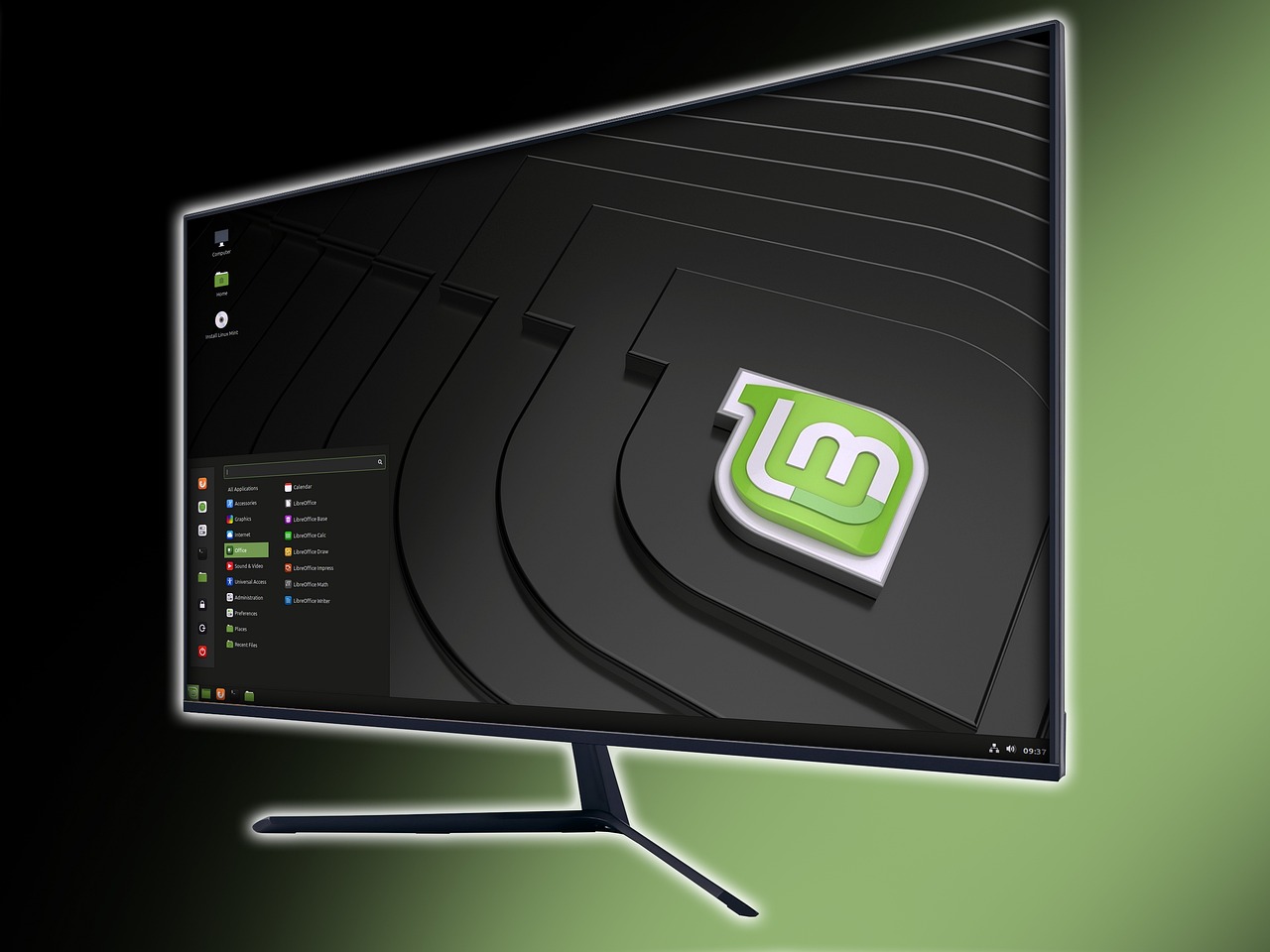Looking for the best Windows 7 alternative Operating System? We have made the perfect list for you.
Microsoft ended extended support for Windows 7 in January 2020. This means the operating system no longer receives security updates, leaving users vulnerable to exploits and malware.
Upgrading is crucial, but with a vast landscape of options, choosing the right successor can be overwhelming.
This article delves into the best alternatives to Windows 7, catering to diverse needs and technical comfort levels.
Table of Contents
The Windows Family: A Smooth Transition
1. Windows 10
The most natural progression for Windows 7 users is Windows 10. The familiar interface retains the Start Menu and taskbar, making the transition effortless.
It boasts enhanced security features, improved performance, and a plethora of compatible software.
However, Windows 10 has reached its end-of-life announcement for October 14th, 2025, necessitating another upgrade in the future.
2. Windows 11
Windows 11 offers a sleek redesign with a centered Start Menu and integrated Microsoft Teams. It boasts advanced security features and improved multitasking capabilities.
However, Windows 11 has stricter hardware requirements, and not all machines running Windows 7 will be compatible. Upgrading hardware might be necessary for some users.
READ ALSO: How To Migrate From Windows 7 To Windows 10
Beyond Windows: Exploring Windows 7 Open-Source Alternatives Powerhouses
The world of operating systems extends beyond Windows. Open-source alternatives offer a unique blend of customization, security, and cost-effectiveness. However, the learning curve might be steeper for those accustomed to Windows.
1. Ubuntu (User-Friendly Linux Distribution)
Ubuntu is a popular Linux distribution known for its user-friendly interface and vast software repository. It’s a free and open-source alternative, offering a secure and customizable environment.
Numerous guides and forums exist to assist with installation and troubleshooting. However, some popular software might not have native Linux versions, requiring workarounds or emulation.
2. Linux Mint (Cinnamon Desktop for Windows Users)
Linux Mint offers a familiar desktop experience with its Cinnamon interface, resembling the Windows 7 layout.
It prides itself on stability and ease of use, making it a great choice for Windows 7 users transitioning to Linux. Like Ubuntu, it’s free and open-source, providing a secure and customizable platform.
3. Elementary OS (Mac-like Aesthetics, Mid-Level Difficulty)
Elementary OS boasts a visually appealing interface reminiscent of macOS. It prioritizes a user-friendly experience with a curated app store.
While not as beginner-friendly as Ubuntu or Mint, it offers a polished experience for those seeking a visually-appealing Linux alternative.
4. Fedora (Bleeding-Edge Technology, More Technical Users)
Fedora is known for its cutting-edge software and frequent updates. This makes it a great choice for users who want to experience the latest developments in the Linux world.
However, the rapid updates and focus on new technologies might require more technical expertise for troubleshooting compared to other distributions.
Windows 7 Alternative Operating Systems: Specialised Solutions
For specific needs, alternative operating systems cater to specialized functionalities.
1. macOS (Apple Ecosystem Integration)
macOS is the operating system powering Apple computers. It offers seamless integration with other Apple devices and a reputation for user-friendliness and security.
However, the hardware cost of switching to a Mac can be significant, and software compatibility might be an issue for users heavily reliant on Windows-specific applications.
2. Chrome OS (Cloud-Based, Limited Local Storage)
Chrome OS is a lightweight operating system designed for cloud-based work. It excels on Chromebooks, focusing on web apps and Google services.
While offering a fast and secure experience, Chrome OS has limitations. Local storage is limited, and software options are primarily web-based, making it unsuitable for users who require powerful offline applications.
Choosing the Right Windows 7 Alternative: A Needs-Based Approach
Selecting the best alternative hinges on your specific needs and technical comfort level. Here’s a breakdown to guide your decision:
- For a seamless transition: Windows 10 (until 2025) offers the most familiar experience. However, consider future upgrades to Windows 11 or beyond.
- For a secure and customizable experience with a learning curve: Explore user-friendly Linux distributions like Ubuntu or Mint.
- For a Mac-like experience: MacOS is a strong contender, but factor in hardware costs and potential software compatibility issues.
- For cloud-based work with limited offline needs: Chrome OS offers a fast and secure platform, but local storage limitations exist.
Upgrading Your System: Considerations and Tips
The upgrade process can be daunting, but careful planning ensures a smooth transition.
- Backup your data: Before any upgrade, create a complete backup of your essential files and documents.
- Check hardware compatibility: Ensure your current hardware meets the minimum system requirements for your chosen operating system. Some resources allow you to check compatibility online. Upgrading RAM or storage space might be necessary before proceeding.
- Download the installation media: Download the installation files for your chosen OS onto a USB flash drive or DVD. Most official websites provide clear instructions on obtaining installation media.
- Free up disk space: The installation process might require a specific amount of free disk space. Ensure you have enough space on your chosen drive before starting.
- Consider a dual-boot setup (optional): If you’re unsure about switching completely, consider a dual-boot setup. This allows you to have both Windows 7 and your new operating system on the same machine, enabling you to choose which one to boot into at startup.
- Seek help if needed: Numerous online resources, forums, and communities exist to guide you through the installation process. Additionally, tech-savvy friends or professional services can assist with the upgrade.
- Software compatibility: Not all software designed for Windows 7 will run flawlessly on other operating systems. Research compatibility beforehand and explore potential alternatives if necessary. Some open-source alternatives often exist for popular Windows software.
- Learning curve: Open-source operating systems might require familiarization with a new interface and file management system. Online tutorials and communities offer valuable support during this learning phase.
- Customization: One of the strengths of open-source systems is their customization potential. Explore desktop environments that suit your workflow and personalize the look and feel of your operating system.
Conclusion
Windows 7’s end of life necessitates an upgrade. While Windows 10 and 11 offer familiar territory, the open-source world presents compelling alternatives with security, customization, and cost-effectiveness.
Explore your Windows 7 alternative options, consider your needs, and embark on a journey to a more secure and potentially more personalized computing experience.
Remember, the upgrade process requires planning, and numerous resources are available to assist you throughout the transition. By taking a needs-based approach and following these tips, you can confidently step into a new operating system environment.
INTERESTING POSTS
- How to uninstall a Program on various Windows OS
- Full Review of Mackeeper
- 10 Most Secure Operating Systems (#8 Is Our Favourite)
- How To Set Up A New Computer Like James Bond
- Best Lightweight Antivirus For Old Computers [EXPERT LIST]
- How To Be The Number One Hacker In The World
- The Must Dos And Don’ts For Protecting Your Password And Personal Data
About the Author:
John Raymond is a cybersecurity content writer, with over 5 years of experience in the technology industry. He is passionate about staying up-to-date with the latest trends and developments in the field of cybersecurity, and is an avid researcher and writer. He has written numerous articles on topics of cybersecurity, privacy, and digital security, and is committed to providing valuable and helpful information to the public.
Christian Schmitz is a professional journalist and editor at SecureBlitz.com. He has a keen eye for the ever-changing cybersecurity industry and is passionate about spreading awareness of the industry's latest trends. Before joining SecureBlitz, Christian worked as a journalist for a local community newspaper in Nuremberg. Through his years of experience, Christian has developed a sharp eye for detail, an acute understanding of the cybersecurity industry, and an unwavering commitment to delivering accurate and up-to-date information.










